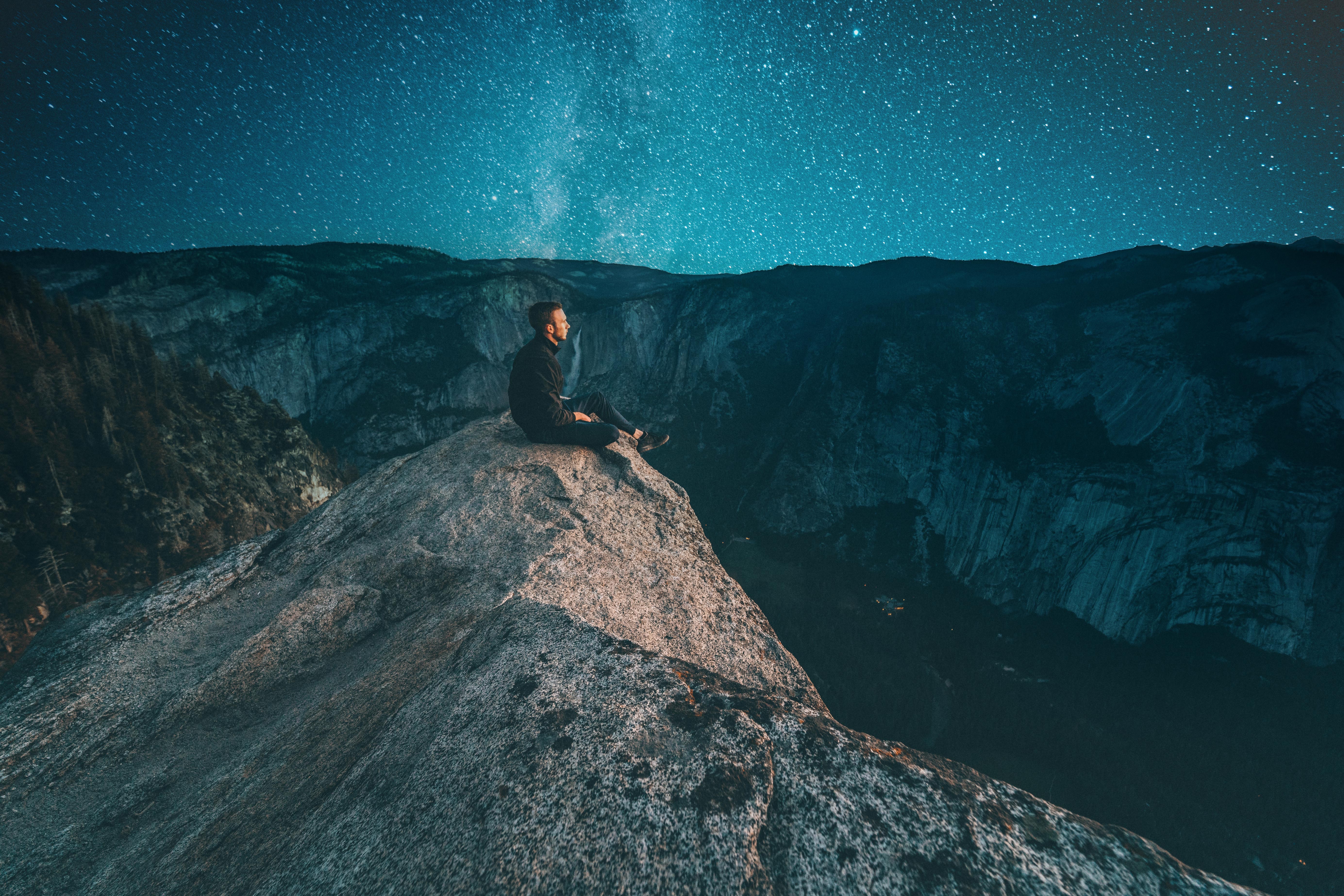When you see it, you can’t unsee. It is literally everywhere. I’ll tell you what I’m talking about in a second. First, think back to some of your earliest childhood memories. Do you have a time before trauma, anger, and distrust joined your story? Was there a moment when you felt innocent? The time period between ages three and seven are often when we start to realize that bad things happen. It might be a death of a grandparent, your parent losing their cool, or a child doing something to you that takes away that first morsel of innocence.
In those moments, we start to lose who we are.
In childhood, we don’t have the capacity to understand why pain exists. So over time, we push back, we fight, we add to the layers of pain. We forget who we are.
It’s everywhere
What if our life is really just a journey back to that innocence? Let’s call that your “true self.” Other people then add pain and barriers to that true self. It’s micro aggressions like when someone is snotty in line when you’re buying lunch or when a guy mansplains using his gender power. Or it can be when someone treats you poorly in traffic, your boss’s bad day, or a client that is just plain mean when you screw up. People are continually adding layers between you and your true self. But you do it too.
Yup, you’re to blame as well
But, you do it to yourself and others too. I was in line for a breakfast sandwich in O’Hare Airport. The lady forgot to give me cream cheese. When I asked for it she snapped, “It’s not a bagel, why do you need cream cheese?” To which I responded, “I paid for it and asked for it.” Numerous philosophers call this the “pain self.” My “pain self” felt attacked, reflected, and hurt, so I snapped back. That lady was busy, maybe not loving her job, and feeling whatever negative feelings she had going on. Our “pain selves” went to war. We added layers that made it more difficult to get back to a truer version of who we are.
It can all change
Many of these moments come from being disconnected from our bodies, while also being disconnected from the present. A study by BioMed Research International looked at the brains of long term meditators, they found, “meditation leads to activation in brain areas involved in processing self-relevant information, self-regulation, focused problem-solving, adaptive behavior, and interception.” When you start to notice your times of feeling like your “true self” compared to a “pain self” you can’t unseen it. The natural next question is, “How do I reduce pain in myself and others?”
It’s true that everyone hurts. We each have our own story, pain, and hurt, but we can also choose to work through that to stop the perpetual human draw toward suffering. So the next time someone forgets your cream cheese, don’t act like I did, just politely ask for it again.
 Joe Sanok is a licensed professional counselor, top podcaster, and consultant on the psychology of business. His podcast, Practice of the Practice, is downloaded over 100k per month, to listen search for it on your favorite podcast player.
Joe Sanok is a licensed professional counselor, top podcaster, and consultant on the psychology of business. His podcast, Practice of the Practice, is downloaded over 100k per month, to listen search for it on your favorite podcast player.

